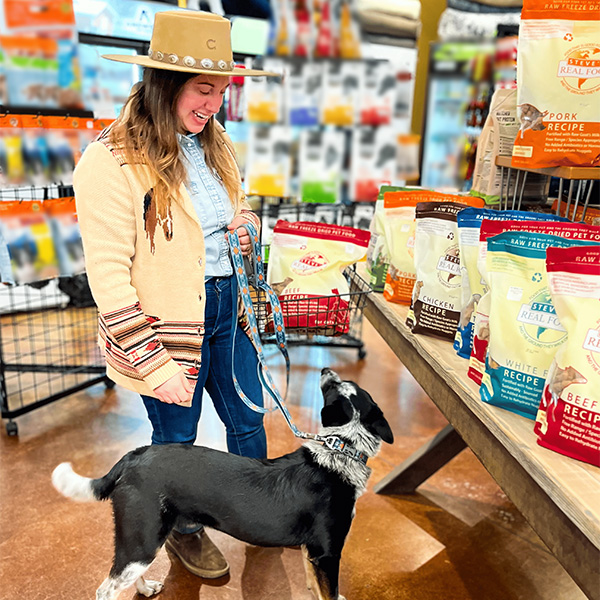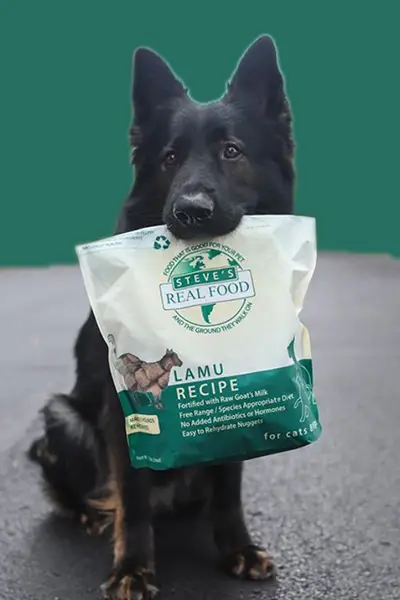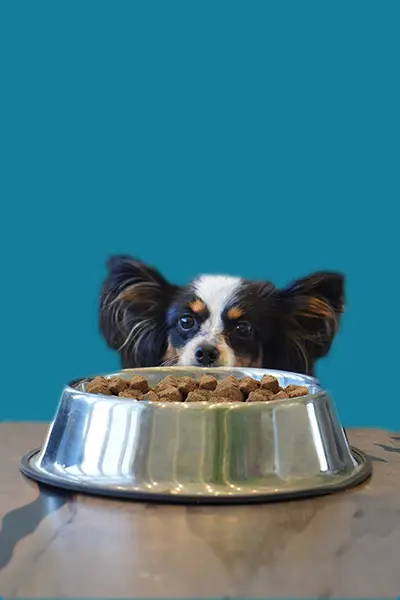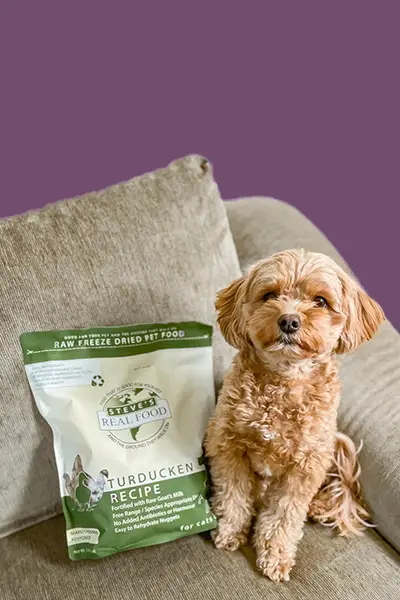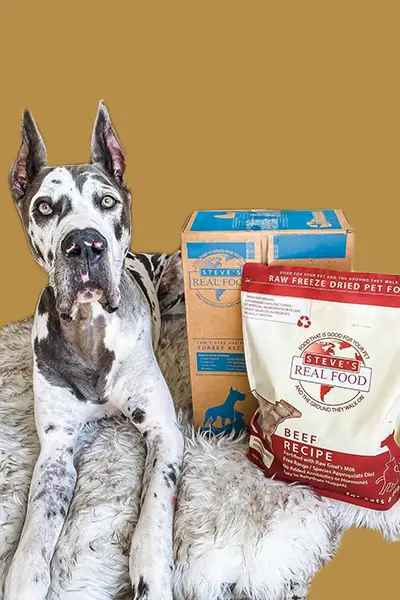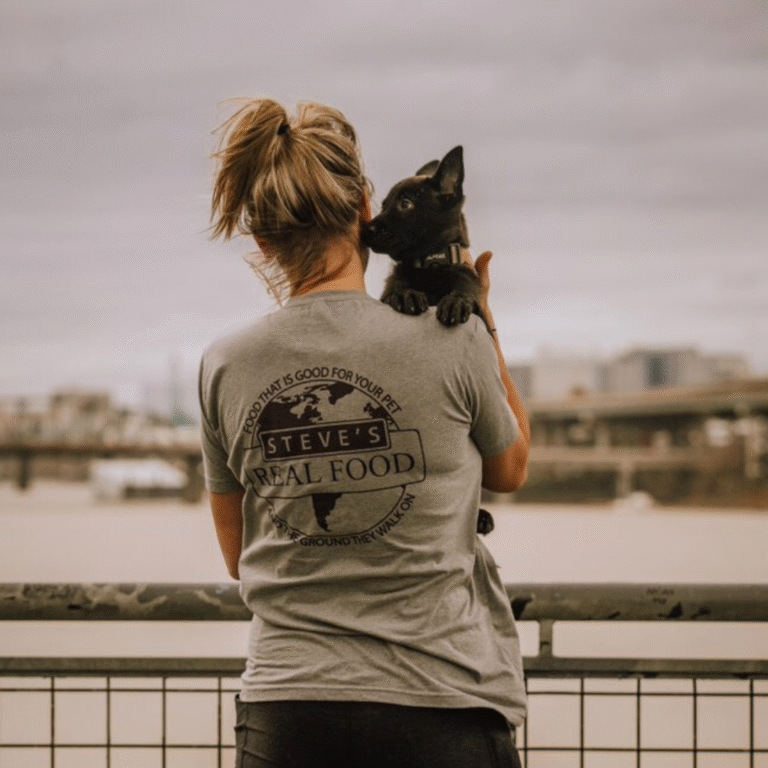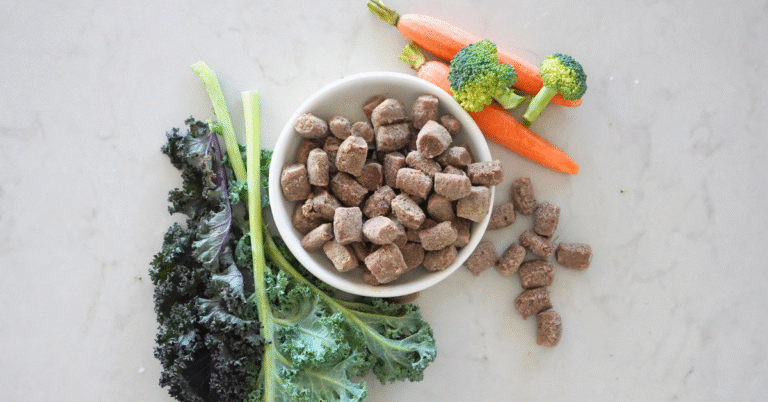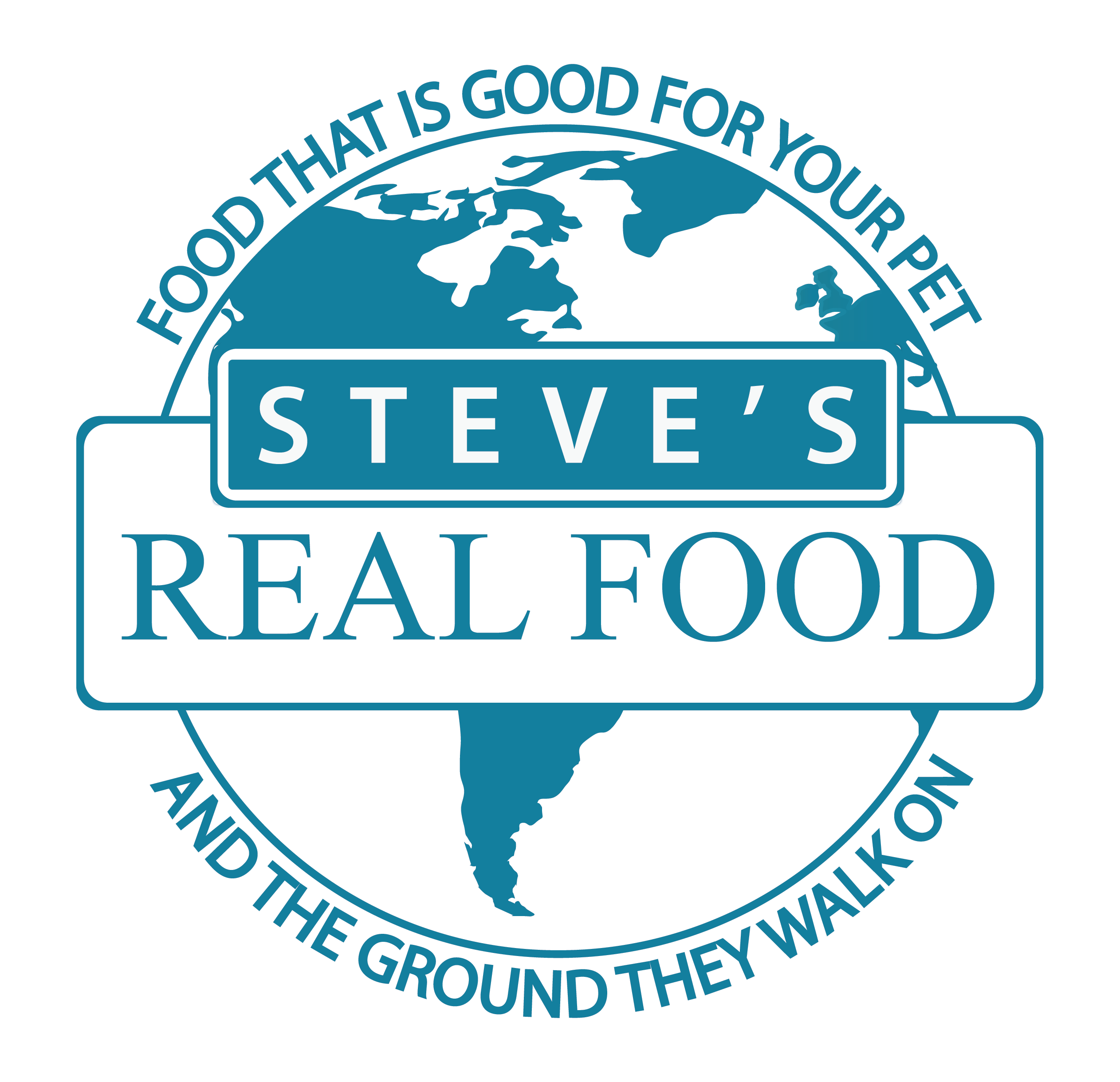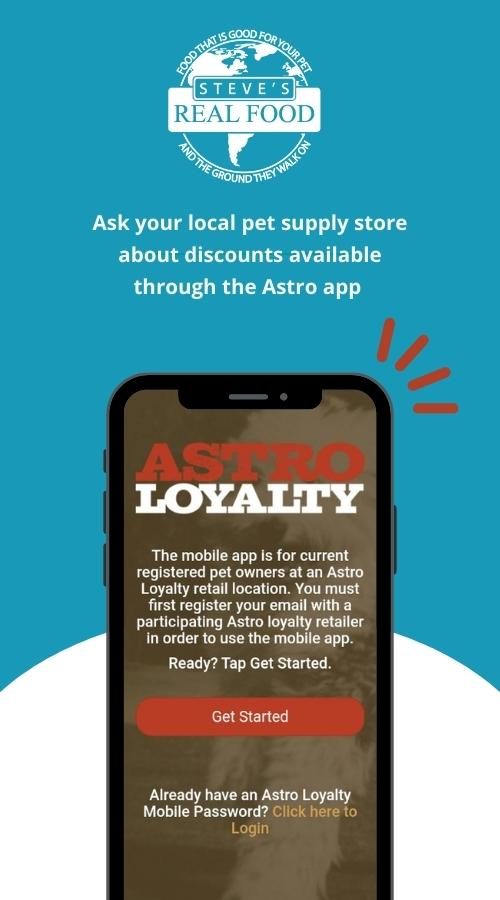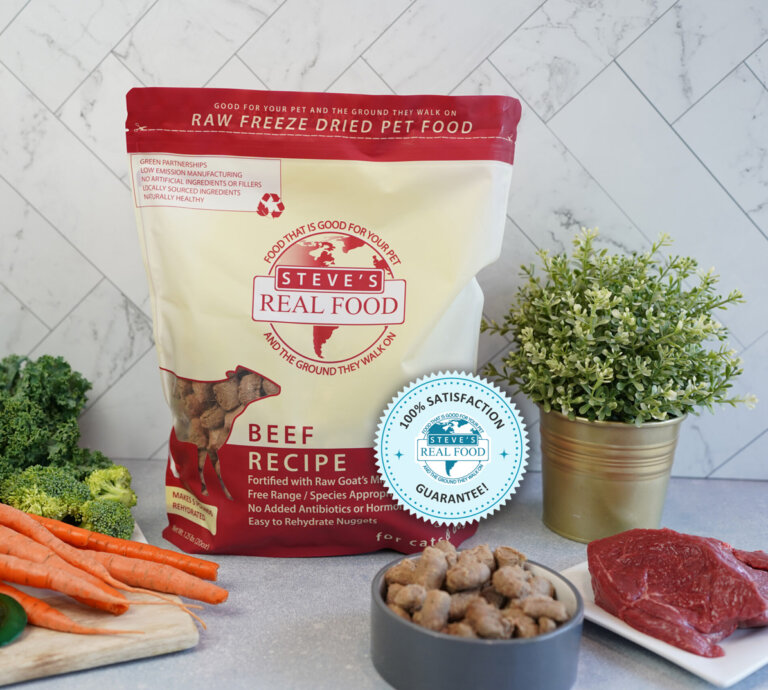Benefits of Raw Pet Food for Dogs and Cats
What Does "Raw Food" Mean?
“Raw pet food” is made from minimally processed, uncooked ingredients, typically including raw meat, bones, and organs. The concept behind raw pet food is to mimic the natural diet of dogs and cats in the wild, as these animals are considered carnivores and have evolved to eat raw meat.
Reputable commercial raw pet food diets are designed to be nutritionally balanced and convenient for pet owners. Homemade raw diets require careful planning and prep to ensure pets receive all the necessary nutrients.
Benefits of Feeding Raw Pet Food
Embark on a journey towards optimal pet health by embracing the benefits of a raw pet food diet. Make the switch and witness the positive transformation in your furry companions’ overall well-being.
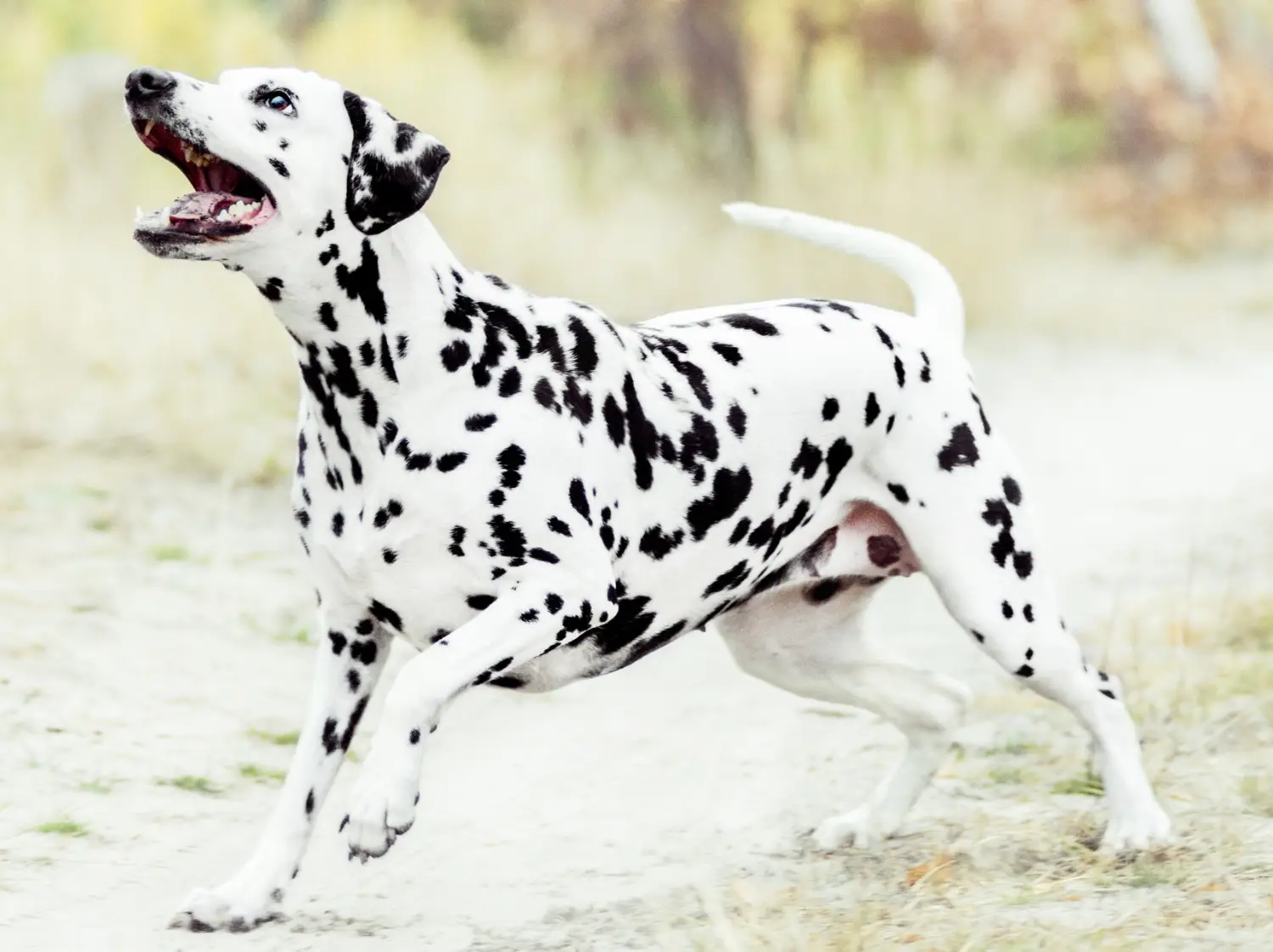
Honor Your Pets' Carnivorous Nature
As dedicated pet owners, it’s essential to understand that dogs and cats are descendants of carnivores, and their digestive systems are designed to process and absorb nutrients from animal sources.
In the wild, their diet predominantly consists of meat, which provides essential proteins, vitamins, and minerals crucial for their overall well-being. A raw pet food diet honors and supports their biological predisposition, ensuring they receive the nutrition nature intended.
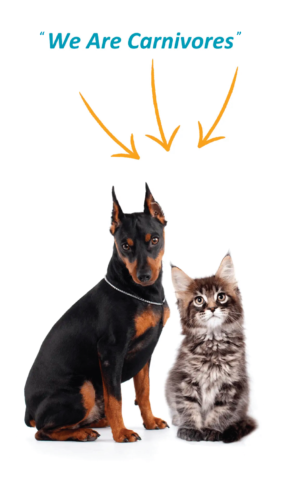
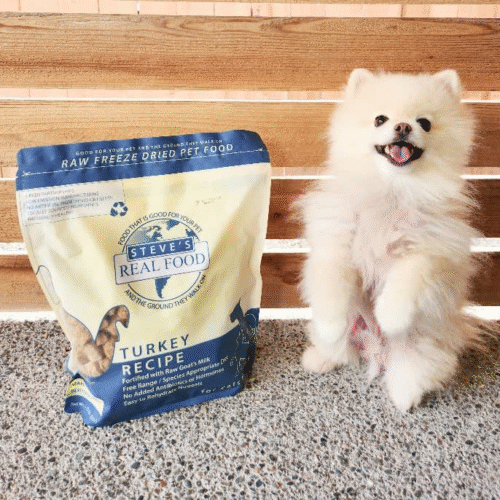
The Pitfalls of Kibble
Commercial kibble falls short of meeting the nutritional needs of your pets for two key reasons:
- High-heat processing during kibble production degrades the nutritional value of the ingredients. Most kibbles are produced at temperatures above 300 degrees F. This hot, harsh environment destroys nutrients, enzymes, antioxidants, phytochemicals, and flavonoids. Low-quality foods compensate for the known lost nutrients by creating synthetic vitamin packs to restore the lacking nutrients.
- Cheap filler ingredients, such as grains and carbohydrates, are commonly used to bulk up the volume of kibble. AAFCO has not set a minimum requirement for grains because neither dogs nor cats have a nutritional requirement for grains in their diet. Cheap fillers lack the essential nutrients in real meat and may contribute to digestive issues, allergies, poor dental health, and obesity in pets.
Want More Details?
Check out our video series below for details on how feeding your pet’s raw affects each of their body systems!
Benefits of Raw on Body Systems

1:07
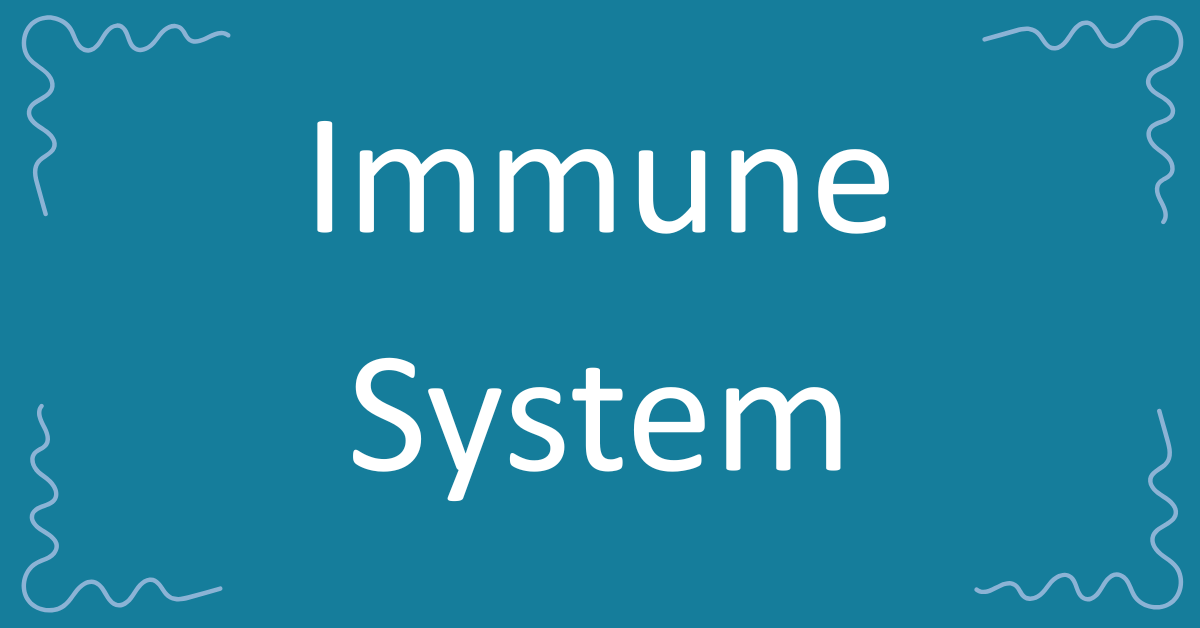
0:54
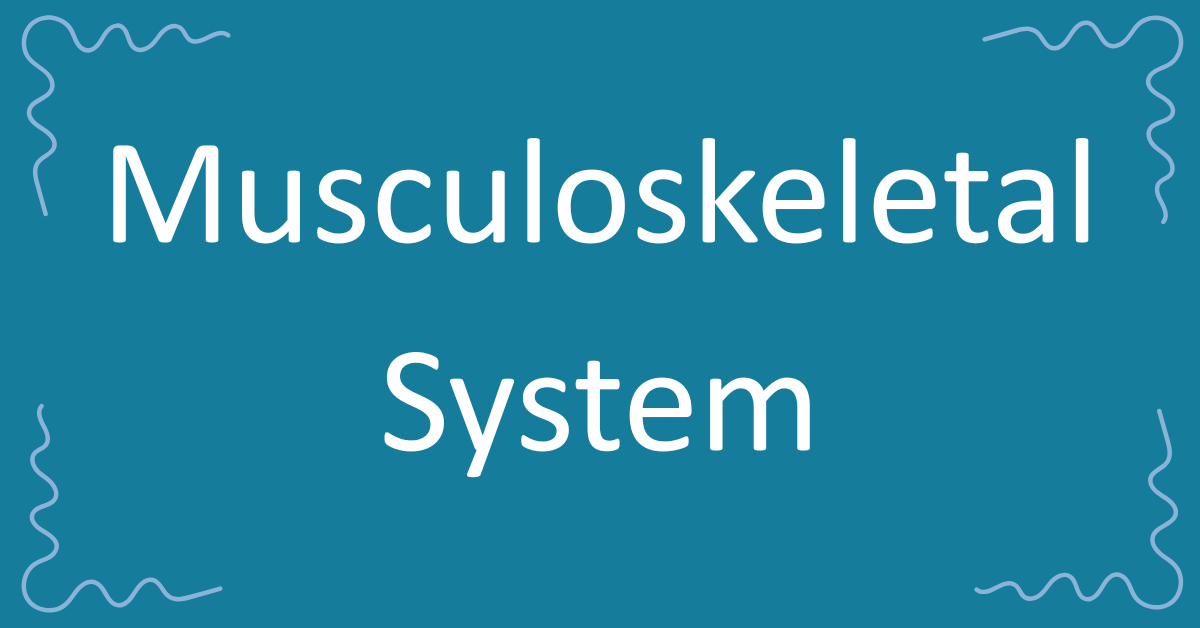
0:37
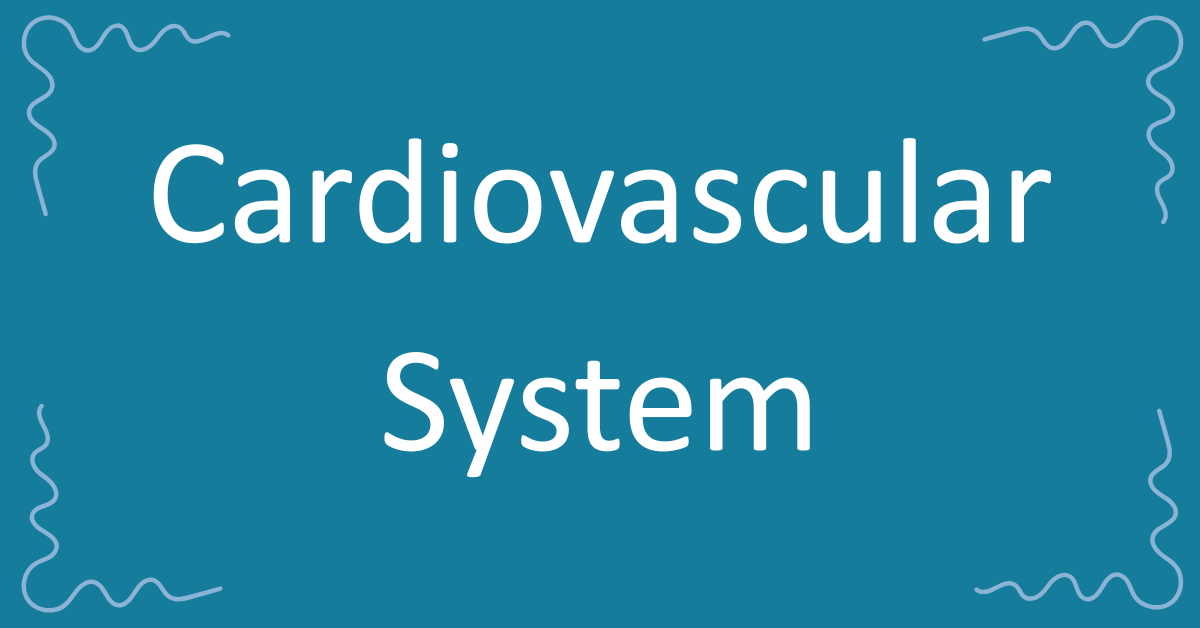
0:36
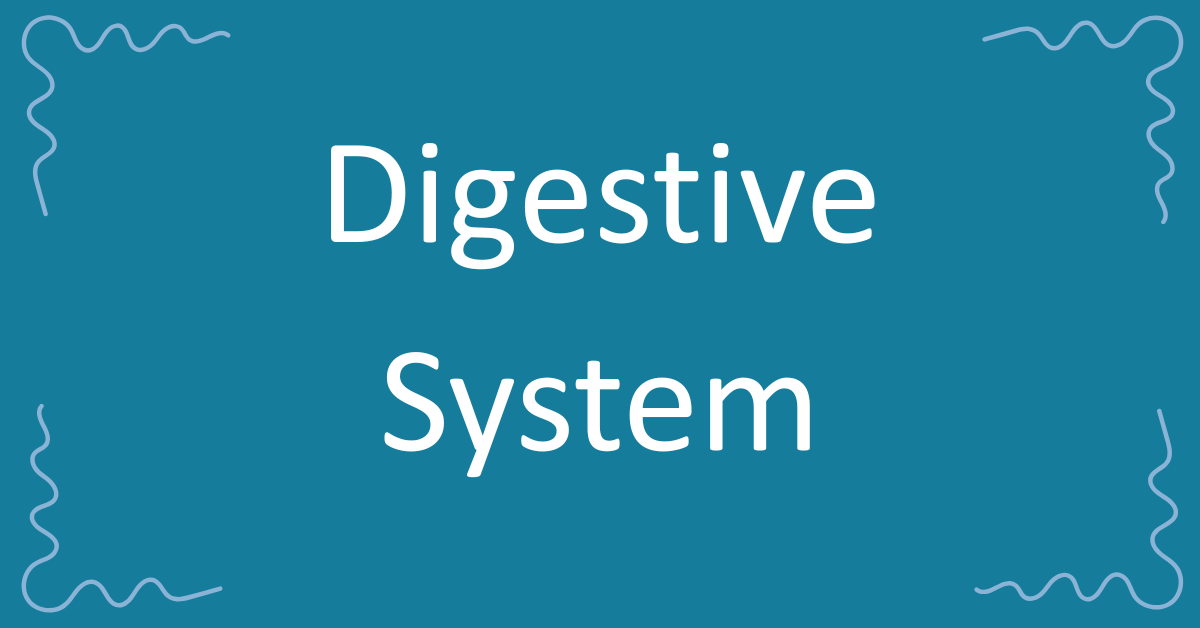
0:58
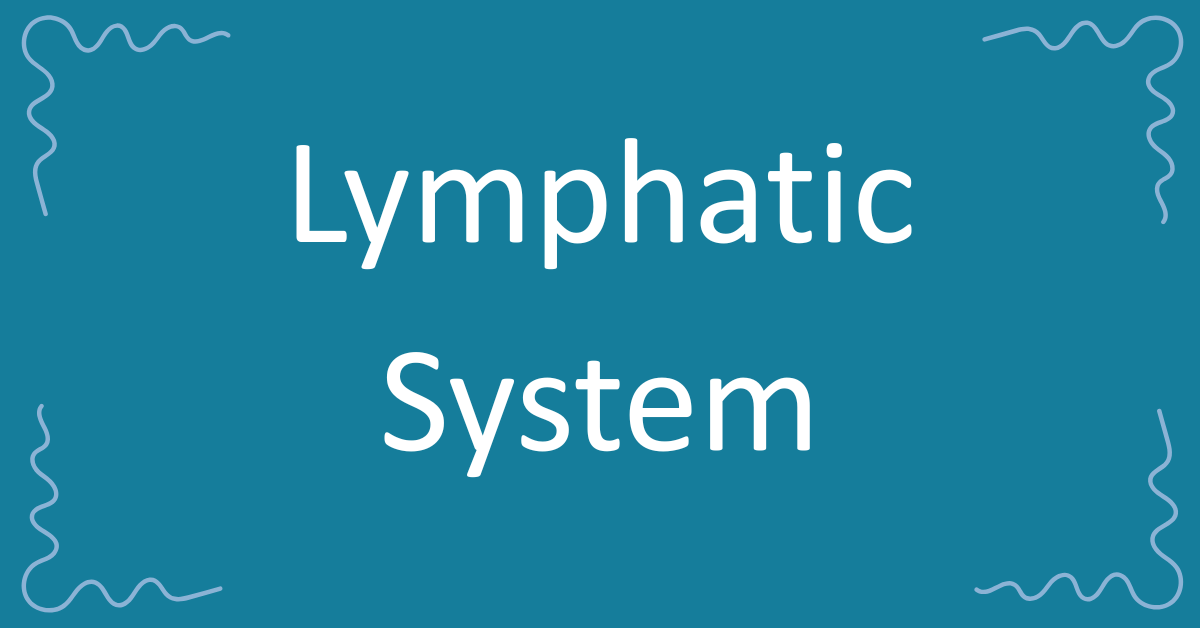
:37
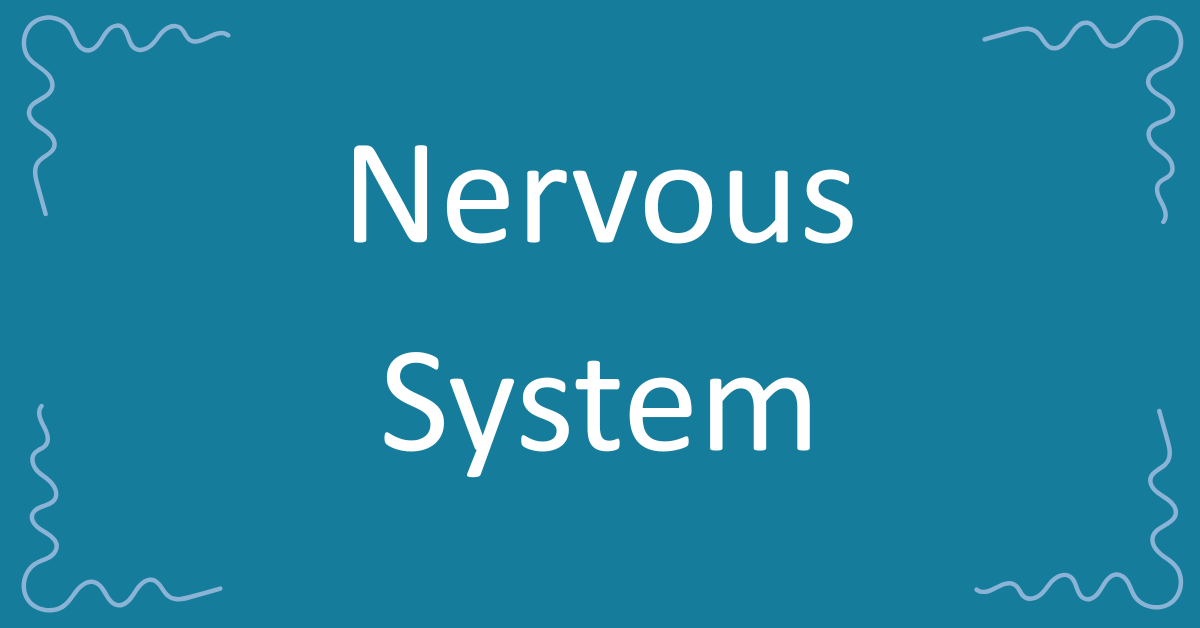
:36
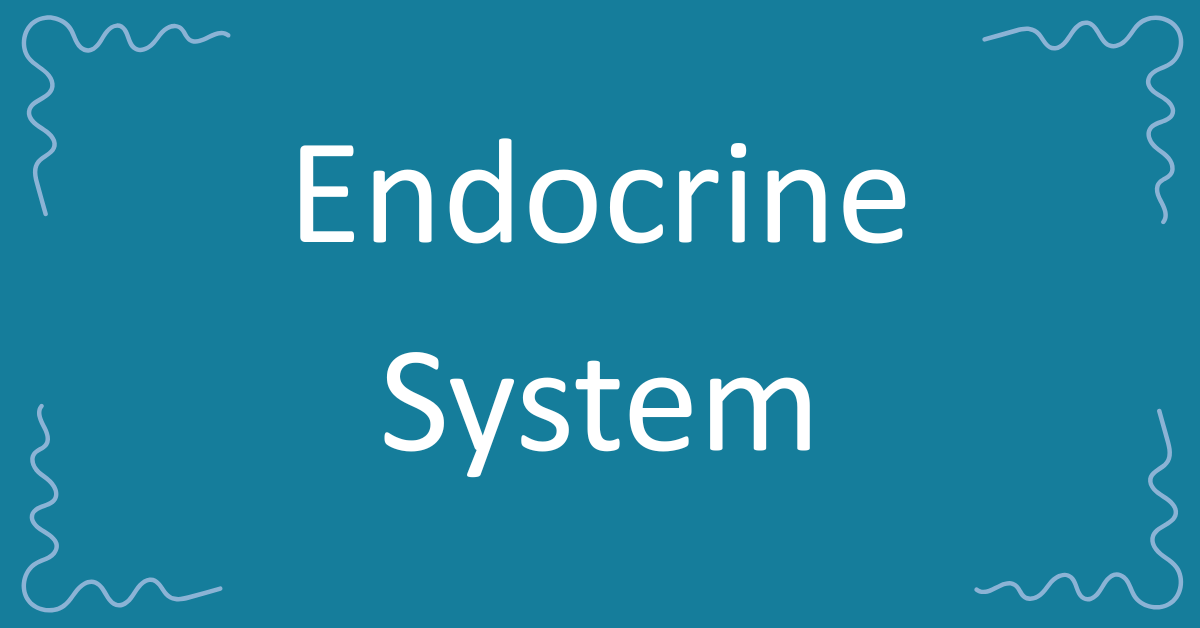
:32

 Beef
Beef Chicken
Chicken Whitefish
Whitefish Pork
Pork Lamb
Lamb Turkey
Turkey Turducken
Turducken All Protein
All Protein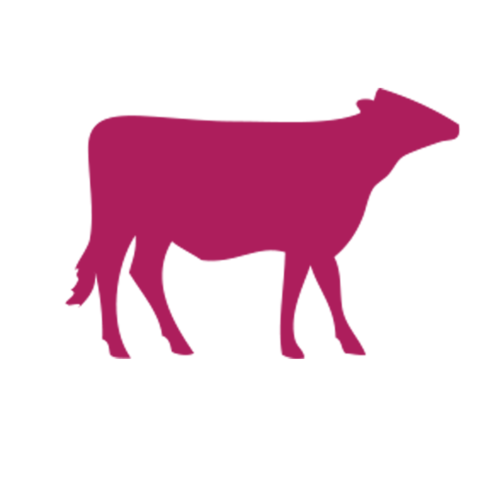 Beef
Beef Chicken
Chicken White Fish
White Fish Pork
Pork Turkey
Turkey Duck
Duck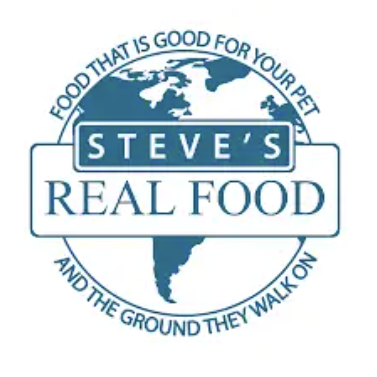 All Products
All Products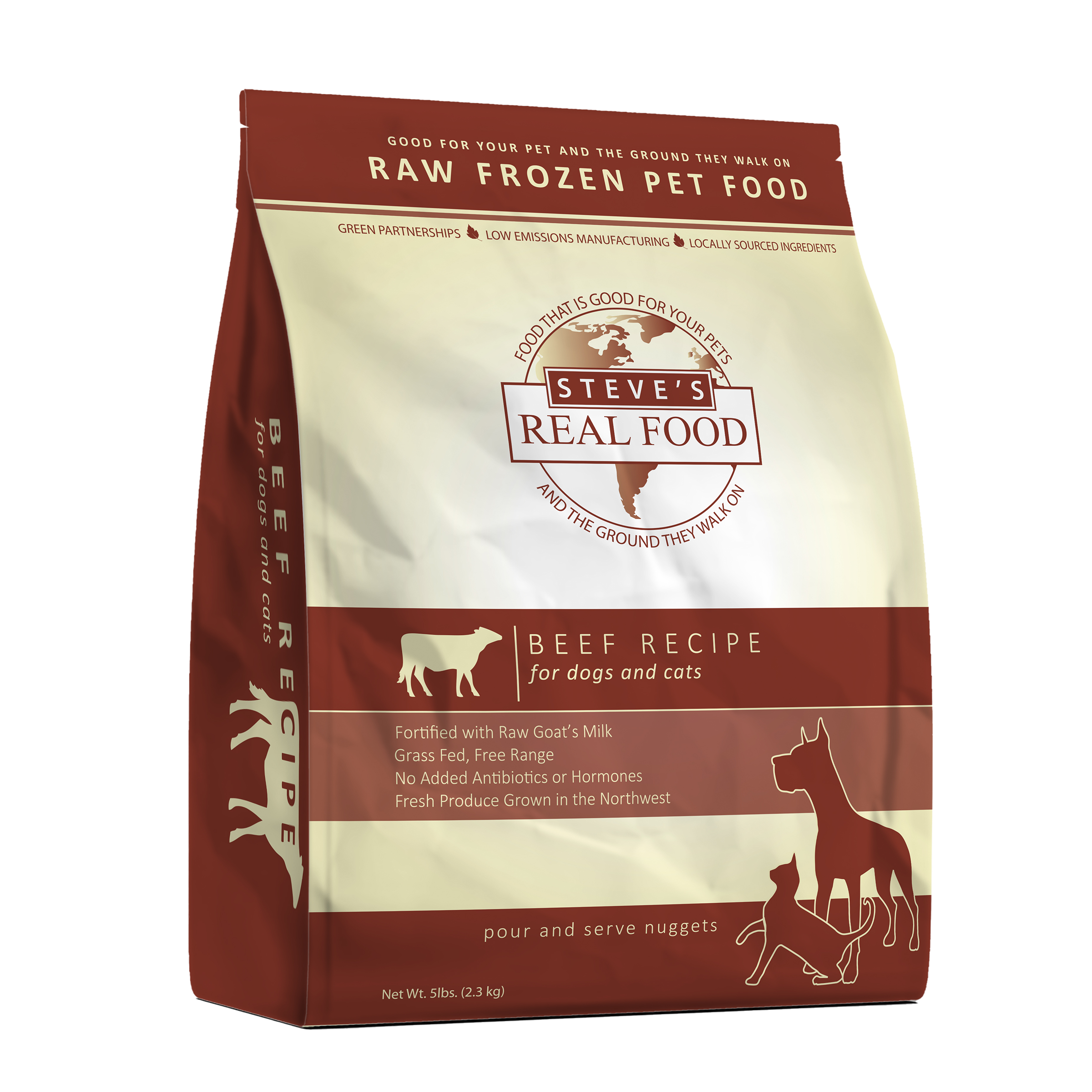 Frozen Raw Pet Food
Frozen Raw Pet Food
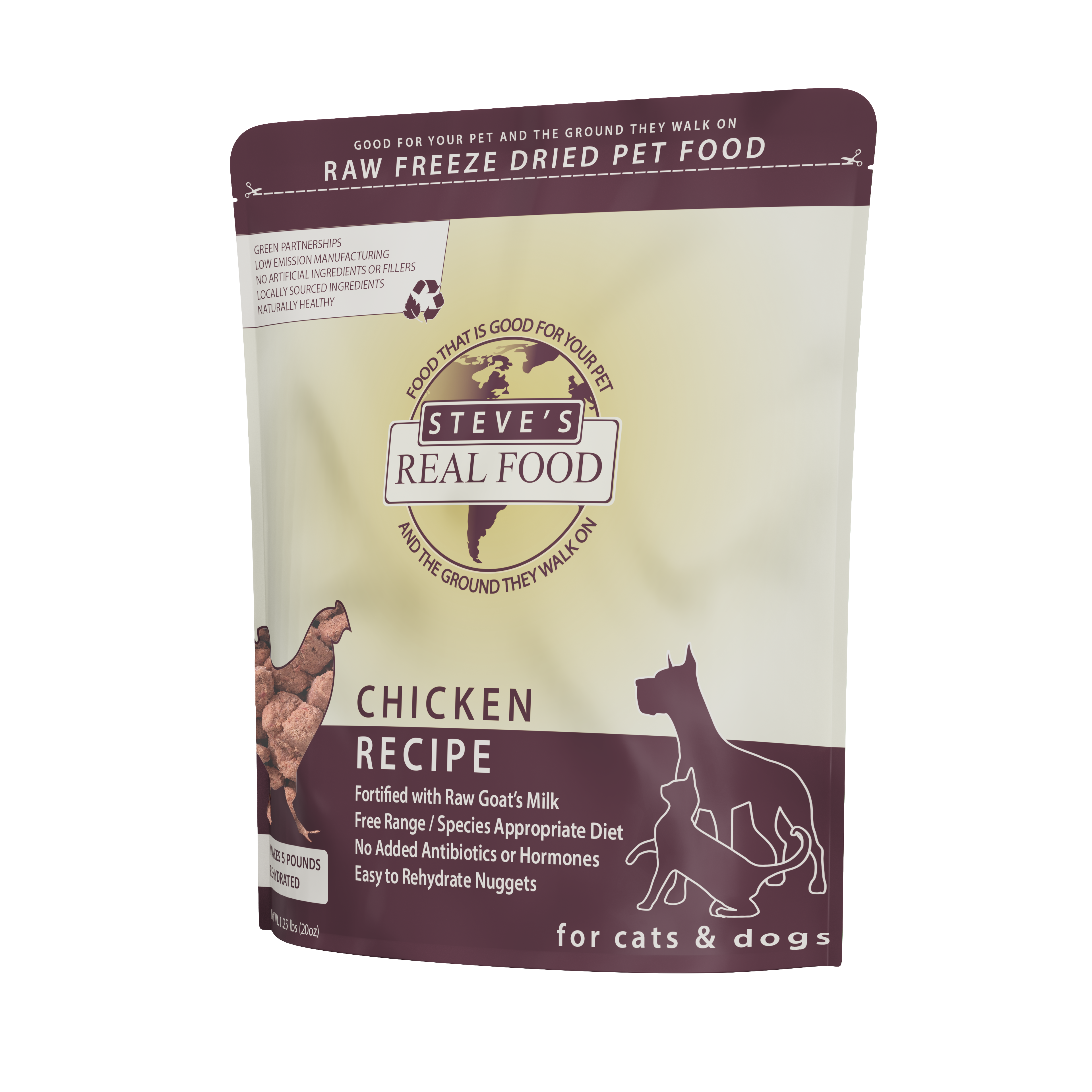 Freeze Dried Raw Pet Food
Freeze Dried Raw Pet Food
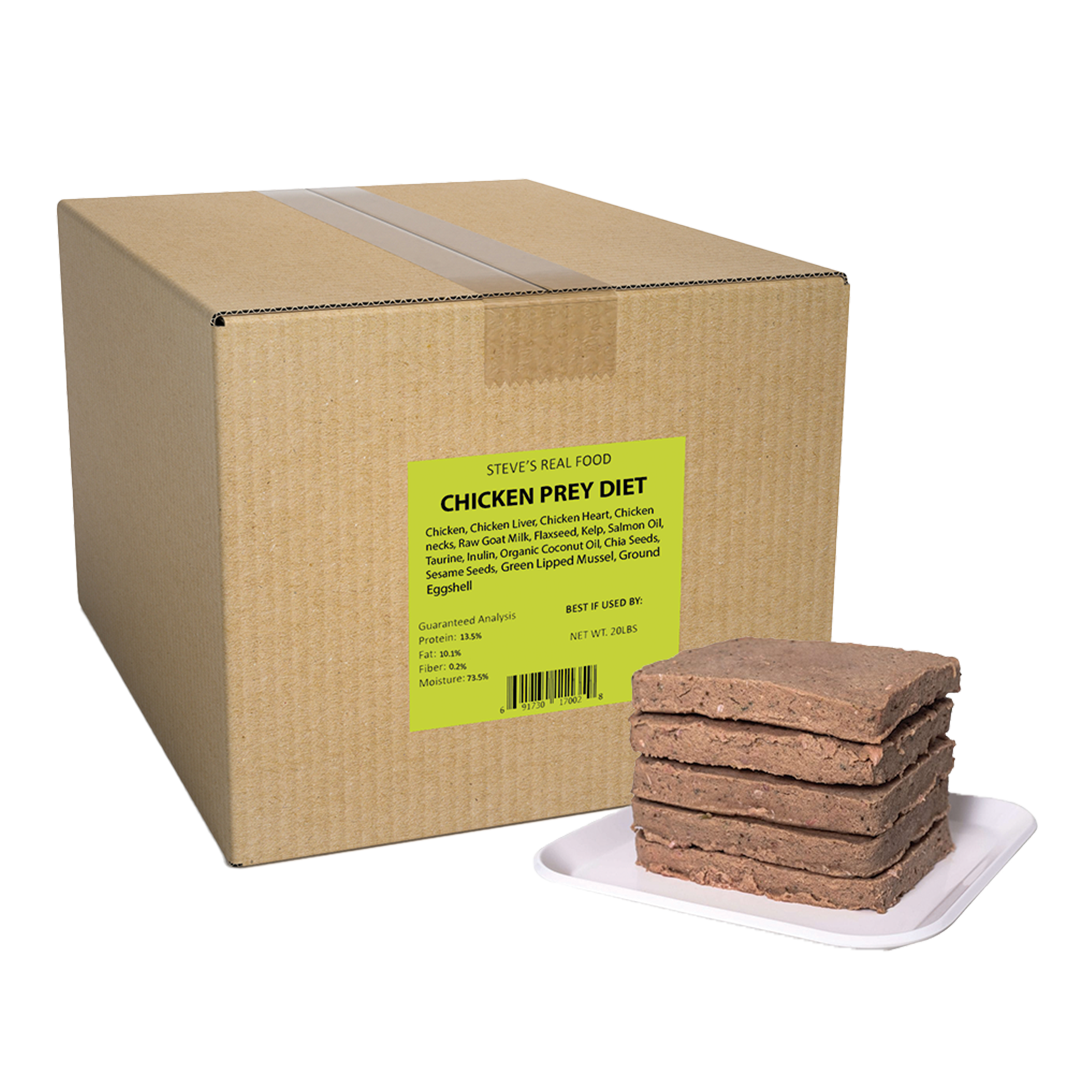 Frozen Prey Diet
Frozen Prey Diet
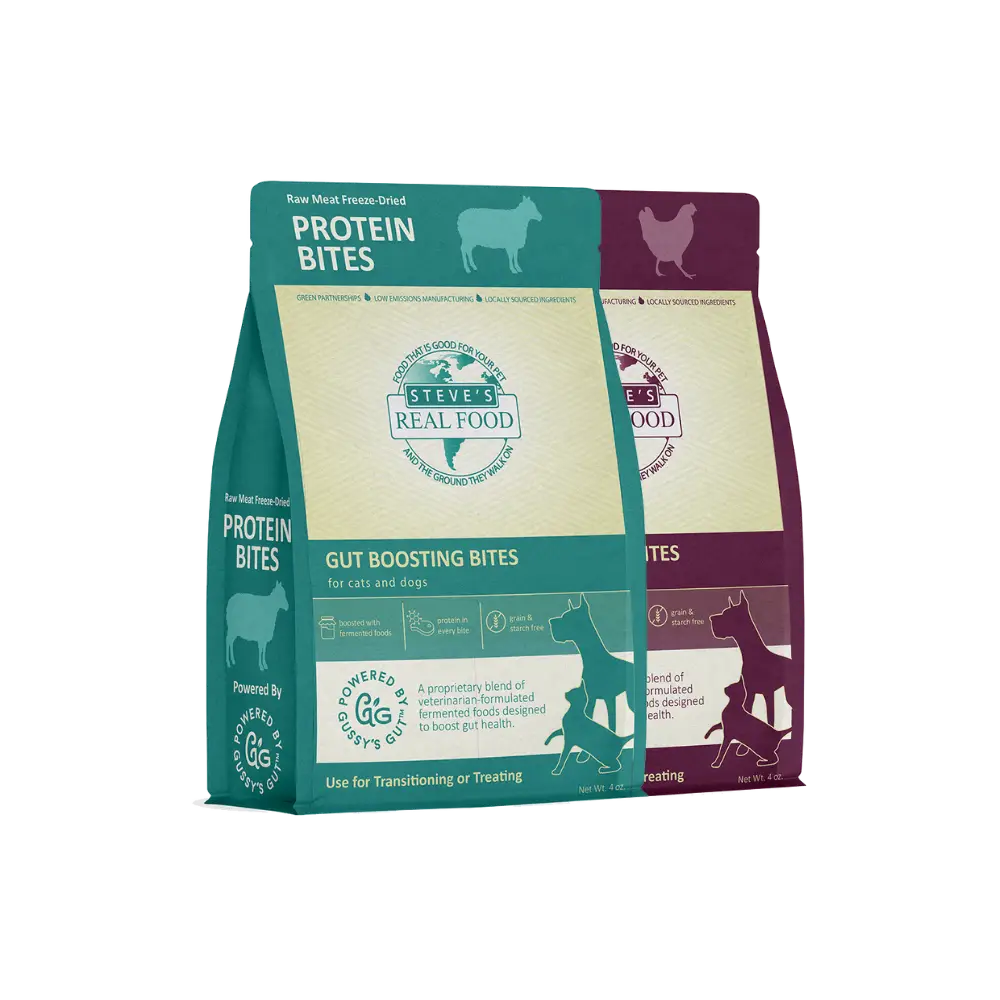 Freeze Dried Protein Bites
Freeze Dried Protein Bites
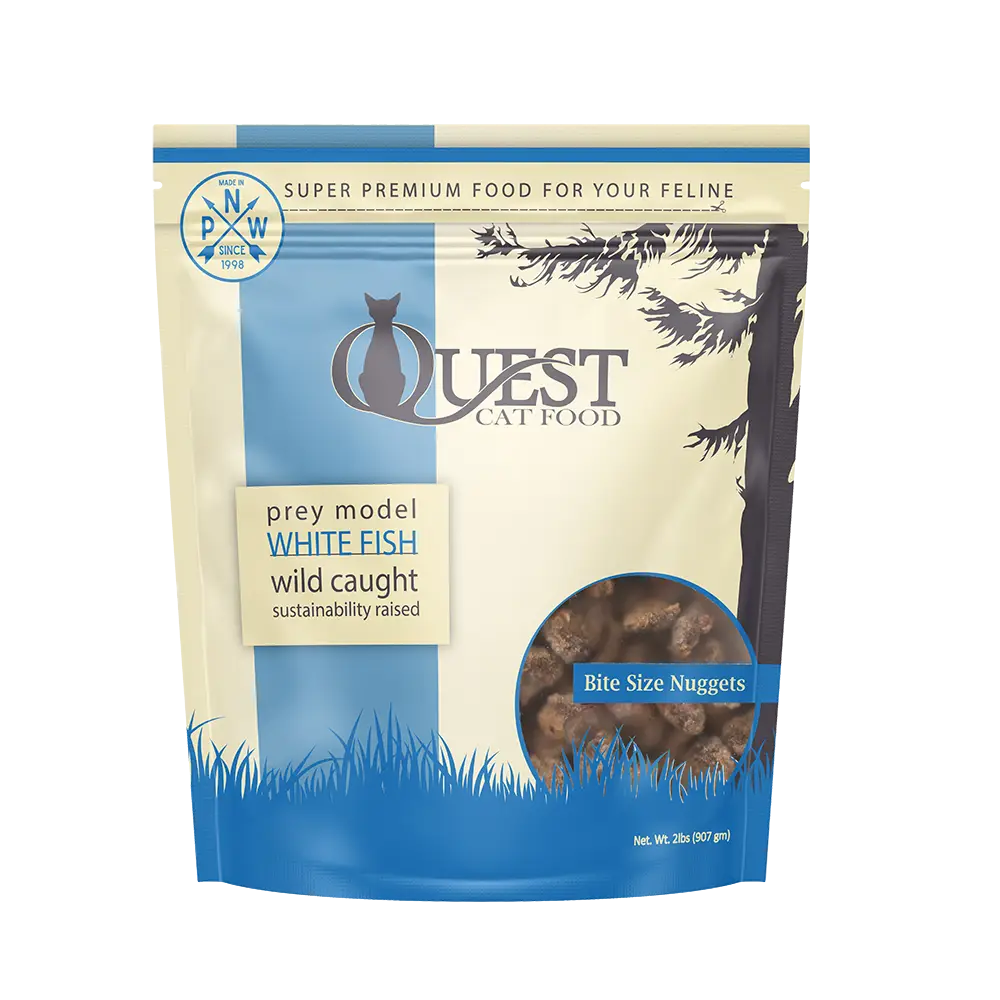 Frozen Quest
Frozen Quest
 Freeze Dried Quest
Freeze Dried Quest
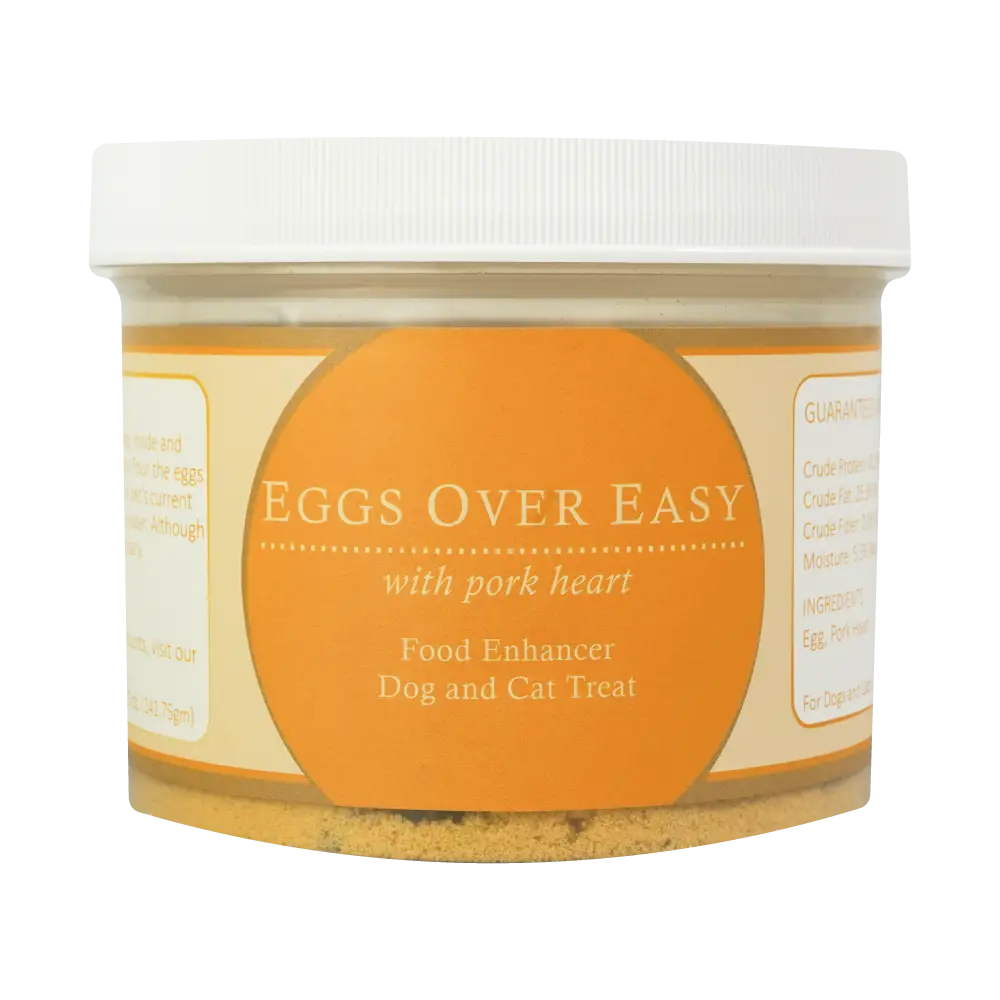 Eggs over Easy
Eggs over Easy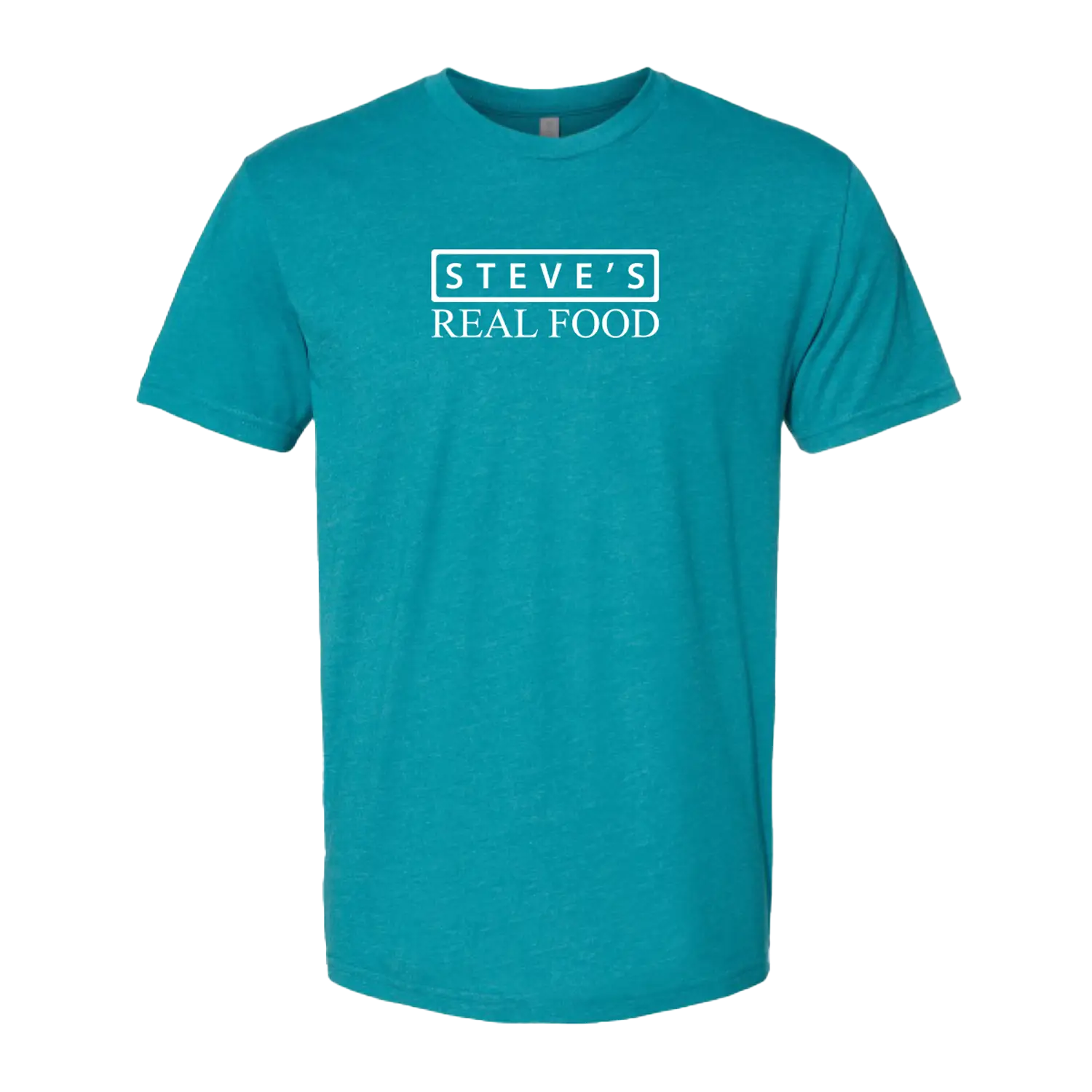 Steve's Merch
Steve's Merch 